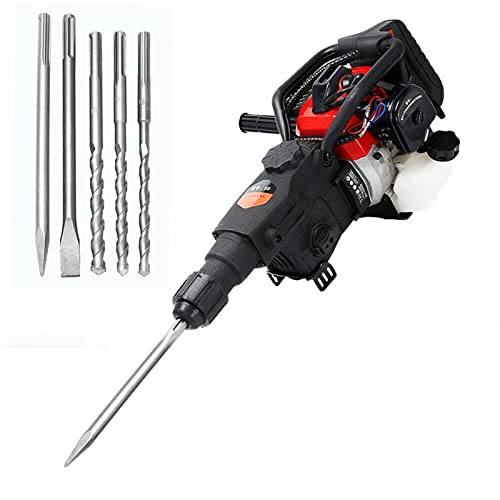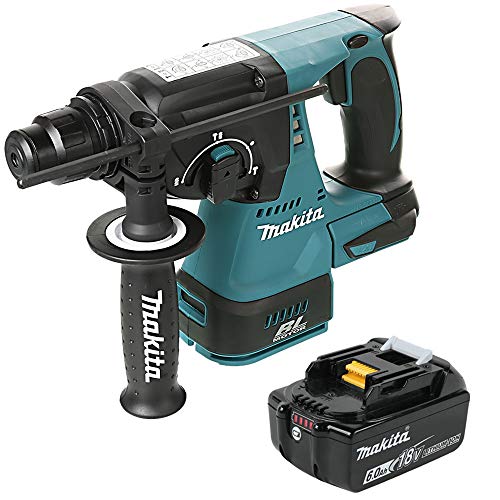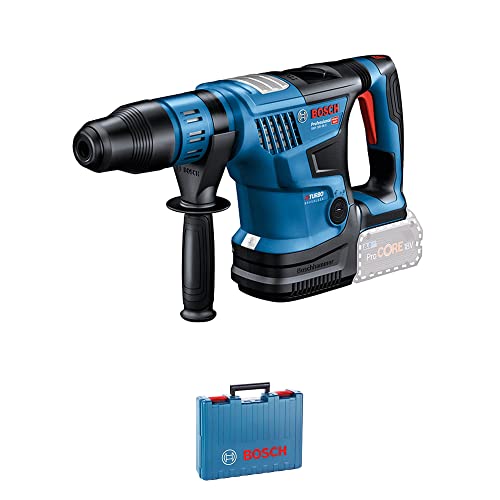Understanding Daypacks: What to Look For
What is a Daypack?
A daypack is a small backpack designed for short trips, typically ranging from a few hours to a full day. It’s perfect for keeping your essentials close at hand, whether you’re heading to the office or exploring a new hiking trail. The most important thing to keep in mind when shopping for a daypack is to ensure it meets your specific needs in terms of capacity, comfort, and functionality.
Key Factors to Consider
When we consider what to look for in a daypack, think about the activities you’ll be using it for. Do you need extra compartments for your gear, or is a simple design enough? Additionally, factor in your comfort level. Opt for padded straps and a breathable back panel to enhance your experience, particularly if you’ll be wearing it for extended periods.
Top Daypack Features: Choose the Right One for You
Essential Storage Options
One of the first features to assess is storage. Look for a daypack with multiple compartments; having a main section for bulkier items and smaller pockets for essentials like your phone, keys, and water bottle can make your outings far more convenient.
Comfort and Adjustability
The fit of a daypack is crucial for comfort. Features like adjustable straps and hip belts allow the pack to fit securely on your body, reducing strain on your back and shoulders. A well-fitted daypack can make the difference on long walks or hikes.
Weather Resistance
Consider a daypack with water-resistant or waterproof materials if you anticipate rain or wet conditions. A built-in rain cover is another great feature, providing extra protection for your belongings during unexpected weather changes.
Best Uses for Daypacks: From Hiking to Commuting
Perfect for Outdoor Adventures
Daypacks shine in the wilderness. Whether you’re going for a day hike, a picnic, or a cycling trip, their lightweight and compact designs allow you to bring along necessities without strain. Hiking daypacks typically come equipped with hydration reservoir sleeves or external water bottle holders, ensuring you stay hydrated on the go.
Ideal for Daily Commutes
On the urban side, daypacks are equally functional for daily commutes. They’re perfect for carrying laptops or documents without the bulkiness of larger backpacks. Look for designs that accommodate tech compartments securely while maintaining a streamlined look for office environments.
Material Matters: Finding Durable and Lightweight Options
Choosing the Right Fabric
The material of your daypack significantly impacts its durability and weight. Nylon and polyester are two popular choices: nylon typically offers excellent resistance to abrasion, while polyester tends to be lighter but less durable. If you’re looking for a good balance, consider a blend that uses both materials.
Weight Considerations
As we explore your options, remember that the lighter the daypack, the easier it will be to carry, especially if you plan on filling it with gear. Finding a balance between lightweight materials and enough durability is key. Look for features such as reinforced stitching and high-quality zippers that add reliability without unnecessary weight.
Size and Fit: How to Choose the Perfect Daypack Capacity
Understanding Capacity Basics
Daypacks come in various capacities measured in litres. A typical size ranges from 15 to 30 litres. A 15-litre pack might suit a quick trip, holding just water and snacks, while a capacity of 30 litres can accommodate spare clothing or gear for longer excursions.
Fitting Your Daypack
Getting the right fit is vital for comfort. When trying on a daypack, adjust the straps accordingly to see how it sits on your back. It should rest comfortably above your hips and not put any strain on your shoulders or neck. Tools like load-lifters and sternum straps can help enhance fit if available, so consider these when shopping.





























